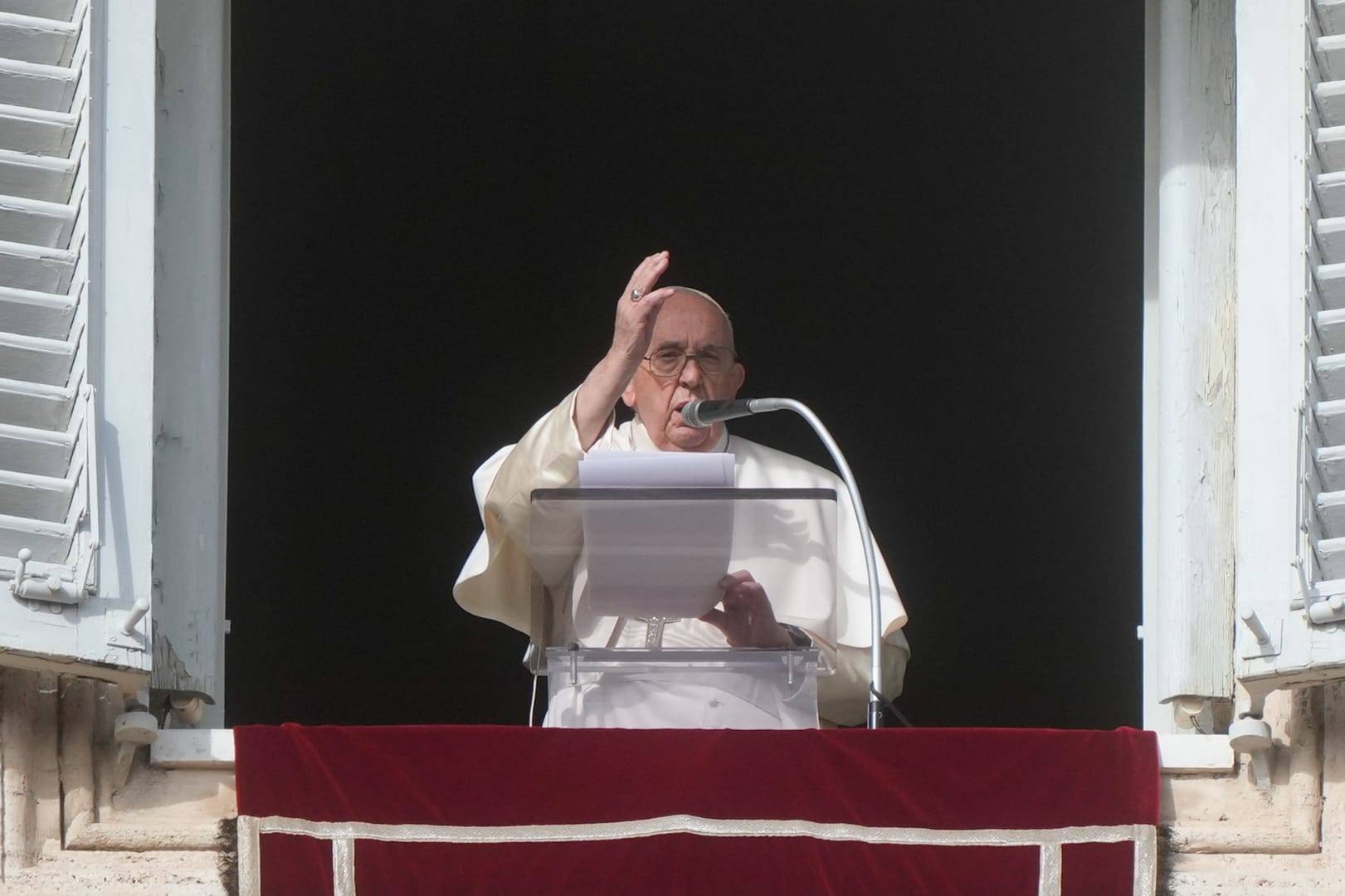YAOUNDÉ, Cameroon – A Catholic aid network has issued a stark warning about what it calls “a forgotten crisis” in South Sudan.
Caritas Sudan and its partners, including the Catholic Agency for Overseas Development (CAFOD) and the Ireland-based Catholic aid agency Trocaire met earlier this month to assess the worsening humanitarian situation in the world’s newest nation.
In a release at the end of the meeting, they said the country was “heading towards a scenario of despair.”
“People are living in constant fear and insecurity, suffering mentally, physically and are starving,” the statement said, warning that the situation could be exacerbated by heavy rains expected in the coming months.
South Sudan broke away from Sudan in July 2011, but the euphoria after the hard-won independence was short-lived. Hopes for a more peaceful and prosperous nation were dashed when conflict erupted between President Salva Kiir, from the country’s largest ethnic group, Dinka, and his Vice President, Dr Riek Machar – a Nuer.
RELATED: As South Sudan war drags on, churches do their best to help displaced
The political dispute descended into ethnic violence in late 2013, and since then tens of thousands have been killed, with some estimates as high as 300,000.
Caritas has called for an end to such ethnicization of political violence as the conflict continues to escalate.
“Politicized tribalism safeguards the vested interest of a few, over and above the needs of the innocent population,” the statement said.
“The present situation of insecurity and violence on the population resulting in mass internal displacement, fleeing to neighboring countries or to the bush has become a common phenomenon. People are living in constant fear and insecurity, suffering mentally, physically and are starving. This inhuman and dehumanizing condition is now resulting in trauma or mental disorders.”
An estimated 4.5 million people have been displaced, and are either living in makeshift camps, or fleeing to neighboring Uganda, Ethiopia, Sudan, and Kenya. Some 85 percent of the refugees are women and children.
An invasive famine
The crisis has pushed the country into an economic free-fall, with food and fuel prices rising, since trade and local markets have been disrupted and food stock has been depleted.
As a result, millions of people are facing a food crisis. According to the UN, over 40 percent of the population is severely food insecure. In February, the world body declared that some 100,000 people are already living in famine conditions in Leer and Mayendit counties.
RELATED: In South Sudan, Catholic hospital to receive new surgical, maternity units
It said 5.5 million people were at risk unless urgent measures were taken to end the conflict and allow for inflows of food and humanitarian assistance.
Last year, the UN requested $1.6 billion to address humanitarian needs; so far, only $439 million has been pledged.
As the conflict festers, humanitarian workers have frequently been caught in the crossfire. At least 82 have been killed.
In addition, the country is grappling with a cholera epidemic, and the UN is now warning that over seven million people, over 60 percent of the population, won’t have enough food this year.
“CAFOD and Trocaire, alongside local Caritas aid workers, continue to respond to the humanitarian crisis, delivering food, water and sanitation. In Adior, 6,150 people have been reached with food aid this April, and more than 24,600 people are receiving help across the Yirrol East region of South Sudan,” said the president of Caritas South Sudan, Bishop Erkolano Lodu Tombe.
CAFOD’s Emergency Response Manager in South Sudan, Michael O’Riordan, said the humanitarian situation has continued to worsen despite the fact that the Church has “saved lives with our aid.”
“It would be easy to despair, but the work we are doing is vital. I am also inspired by the Church here which is in a unique position to speak freely for the people of South Sudan. And they do every day, though the burden shows on their faces and in their hearts,” O’Riordan said.
Caritas South Sudan has called on Caritas Internationalis to be “the voice of the voiceless” by advocating for peace and sensitizing the international community and the Caritas network to “give sufficient means to Caritas South Sudan to carry out the humanitarian activities which is the dire need of the moment.”
But the international community is becoming increasingly frustrated with South Sudan, with the U.S. saying it could not continue a partnership with a country whose leaders are perpetuating an “endless war.”
The Trump administration has accused the leaders of the young nation of squandering the opportunity to develop their country, and instead resorted to killing their own people, “and repeatedly demonstrated their inability and unwillingness to live up to their commitments to end the country’s civil war,” according to a White House statement.
But authorities in South Sudan have called on the U.S. not to turn its back on the country.
“We are asking the United States not to abandon this country because we need them…their role to assist the population of South Sudan is crucial and cannot be ignored,” said South Sudan’s foreign affairs spokesman Mawien Makol Ariik.
















